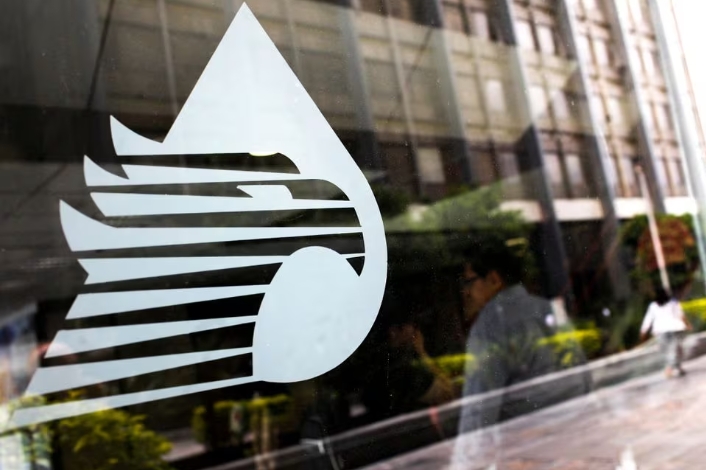
President Andres Manuel Lopez Obrador, who signed a decree declaring hydrogen supply from the plant operated by France's Air Liquide "a matter of public interest," has tightened state control over the energy market since he came to power in December 2018.
Citing the Mexican Constitution, the decree stated that the hydrogen plant should be occupied "immediately" by TRI, the refining arm of Pemex.
Mexico depends on third parties for hydrogen supply, which the government said was "putting at risk the production of gasoline and diesel", adding that the deal with Air Liquide was also not economically viable for Pemex.
It neither specified how long the occupation would last nor how the French company would be compensated. Air Liquide and Pemex did not immediately respond to a requests for comment.
Julia Gonzalez, an energy lawyer, said declaring an asset "a matter of public interest" was just one step away from expropriation but that it could not result in expropriation.
"It's not the first case like this," she added. "Let's remember what happened with the railways."
Earlier this year, the Mexican government spooked investors when it took over part of Grupo Mexico's railway.
Under former President Enrique Pena Nieto, TRI had signed a deal with Air Liquide in 2017 to supply hydrogen needed to operate refineries for 20 years in what was meant to reduce the costs for the state company.
Air Liquide was meant operate the existing plant inside the refinery, one of Mexico's largest, and invest in a second plant to supply the total hydrogen required for expansion projects.
In the past, Lopez Obrador, a resource nationalist, has frequently clashed with big business, especially those operating in the energy sector.
Lopez Obrador has accused political opponents of rigging the energy market in favor of corporate elites and his policy decisions have even led to trade disputes with the United States and Canada.